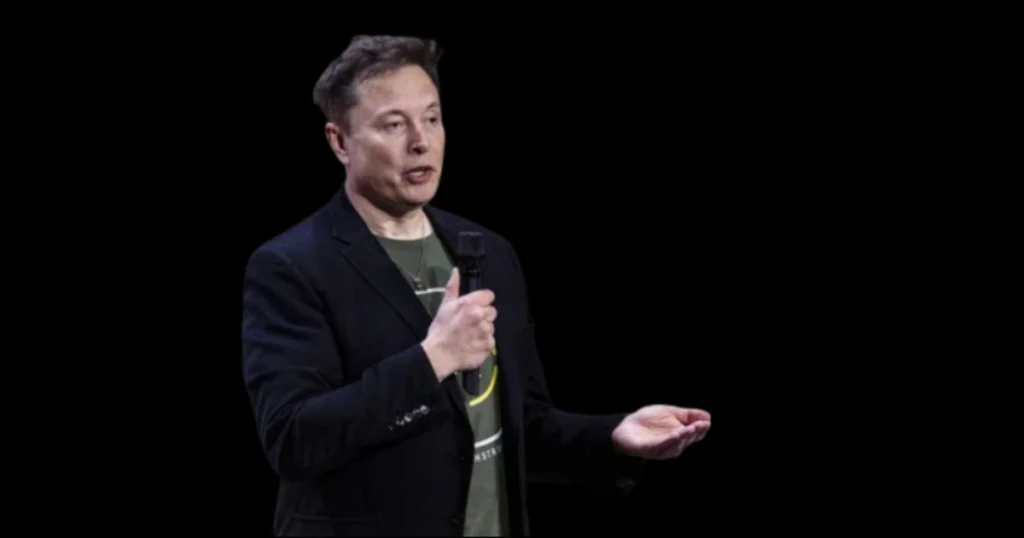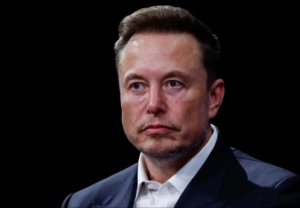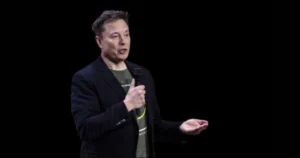
Elon Musk’s recent initiative to entice voters has ignited considerable legal and ethical discussions among specialists, raising doubts about the legality of such moves in relation to federal election regulations. Through his America PAC, Musk has pledged to distribute $1 million each day to registered voters in crucial swing states like Pennsylvania, Georgia, Nevada, Arizona, Michigan, Wisconsin, and North Carolina, as part of a larger effort to bolster former President Donald Trump’s campaign.
The pro-Trump petition fueled by Elon Musk aims to champion the safeguarding of the First and Second Amendments. Only registered voters in these pivotal states can endorse the petition, participate in the giveaway, and receive $100. The offer concludes on October 21, which aligns with the voter registration deadline.
The Harrisburg Event and Musk’s Ambition
At a recent gathering in Harrisburg, Pennsylvania, Elon Musk demonstrated his serious intentions by presenting the inaugural $1 million check to a registered voter. During this gathering, Musk highlighted his objective: to motivate over a million, and possibly two million, voters in these pivotal states to endorse the petition advocating for free speech and gun rights.
While Musk’s initiative is framed as a patriotic effort to enhance voter engagement and uphold constitutional rights, a number of legal authorities express unease that the monetary incentive for signing the petition could potentially violate legal boundaries.
Legal Experts Weigh In: Is Musk’s Giveaway Illegal?
An increasing array of legal academics and electoral law experts are examining Musk’s distribution initiative, with numerous individuals proposing that his endeavors may contravene federal electoral regulations. At the heart of this controversy lies 52 U.S.C. § 10307(c), which forbids the provision of compensation in return for voter registration or casting a vote. Those who breach this statute could incur fines of up to $10,000 and face incarceration for as long as five years.
Richard Hasen, a distinguished law scholar at UCLA, has emerged as one of the most outspoken opponents of Musk’s initiative. In a post on his Election Law Blog, Hasen termed Musk’s giveaway as “unequivocally unlawful” under federal regulations. He referenced 52 U.S.C. § 10307(c) and highlighted that Musk’s proposal explicitly targets registered voters in battleground states who consent to sign the petition, which could be construed as offering financial inducements to sway voter behavior—a practice strictly prohibited by federal statutes.
Hasen additionally noted the Department of Justice’s (DOJ) election offenses manual, which specifies that any item of worth, including lottery opportunities or monetary rewards, cannot be offered to influence voter registration or electoral actions. This manual serves as a definitive reference that has been utilized to prosecute analogous cases in the past.
Bordering on the Line of Illegality
Although Hasen’s viewpoint is conclusive, various specialists have presented more subtle interpretations of Musk’s initiative. Brendan Fischer, a political finance attorney, remarked that Musk’s giveaway might be nearing the boundaries of legality. Fischer elaborated that due to the stipulation of voter registration for the prize, it ‘potentially infringes the law,’ as it could be viewed as a lure to encourage registration.
Likewise, Derek Muller, an expert in election law at Notre Dame Law School, expressed worries about the possibility that Musk’s giveaway might be interpreted as a type of bribery. Muller cautioned that when rewards or money are presented solely to registered voters, it might be perceived as an effort to offer compensation in return for voter registration, which is forbidden under federal regulations.
Michael Kang, a professor at Northwestern University’s Pritzker School of Law, reiterated these apprehensions. He characterized Musk’s giveaway as “not exactly akin to paying someone to vote,” but warned that the campaign is “close enough” to provoke significant legal issues. Kang highlighted that the timing of the giveaway, occurring right before Election Day, amplifies its dubiousness.
A Former Justice Department Official Weighs In
One of the most forceful criticisms of Musk’s actions was voiced by David Becker, a former official with the Justice Department and the founder of the Center for Election Innovation & Research. Becker pointed out that the restrictions Musk imposed on the prize—restricting it solely to registered voters in competitive states—bolstered the contention that the giveaway might aim to influence the election results. Becker remarked that Musk’s actions “could pose legal issues” and could fall under the realm of what federal election regulations aim to prohibit.
Defenders of Musk’s Actions: A Complex Legal Question
Despite the rising backlash, not all legal authorities concur that Musk has breached federal electoral regulations. Jill Wine-Banks, a legal commentator for MSNBC and former chief counsel of the U.S. Army, contended that while Musk’s behavior may be “unpleasant,” it doesn’t necessarily amount to a criminal act. Wine-Banks highlighted that the initiative Musk is advocating is predominantly symbolic, and encouraging individuals to endorse a petition is distinct from outright compensating them for registration or voting. She indicated that Musk’s strategies, although morally dubious, may not satisfy the legal criteria for prosecutorial action.
Brad Smith, an ex-chairman of the Federal Election Commission (FEC), backed Musk’s actions, claiming that the giveaway might be within legal limits. Smith noted that Musk isn’t directly compensating people to register to vote; instead, he is reimbursing them for signing a petition. Though only those registered to vote can sign, Smith maintained that this differentiation could shield Musk from legal consequences.
A Divided Legal Community
The divergent views among legal experts underscore the intricacies of Musk’s voter incentive program. Some contend that the program blatantly breaches federal election regulations, while others argue that Musk is navigating legal ambiguities that might not lead to prosecution.
Pennsylvania Governor Josh Shapiro joined the growing concern, asserting that Musk’s maneuvers pose “serious questions” regarding the deployment of funds in the ongoing electoral process. During an interview on NBC’s Meet the Press, Shapiro voiced apprehension that Musk’s program, particularly in Pennsylvania, might be an attempt to improperly sway voters. He characterized the financial motivations as “profoundly troubling,” especially in light of Pennsylvania’s pivotal role in the forthcoming election.
The Road Ahead
As the deadline for voter registration on October 21 draws near, it’s still uncertain whether federal agencies will intervene regarding Musk’s America PAC or its daily $1 million handout. If Musk is found guilty of breaching election regulations, he could incur hefty penalties, including monetary fines and possible jail time. Presently, the legal community is split on this matter, with some authorities urging for swift action, while others warn that the situation might not be as straightforward as it appears.
Regardless, Musk’s endeavor has sparked a wider discussion about the influence of money in politics, particularly concerning voter participation and the risks of excessive sway.
Conclusion
Elon Musk’s $1 million-a-day voter giveaway has become a focal point of legal and ethical debate. While some legal experts believe the initiative clearly violates federal election laws, others argue that it falls within legal boundaries but remains ethically dubious. The differing opinions highlight the complexity of election law in the U.S., particularly when financial incentives are involved. As the October 21 voter registration deadline draws near, the fate of Musk’s initiative remains uncertain, with potential legal repercussions looming. Whether Musk’s actions will lead to criminal charges or merely serve as a case study in the evolving intersection of money, politics, and civic engagement, remains to be seen. One thing is clear: Musk’s involvement in the political landscape continues to provoke intense scrutiny and debate.



